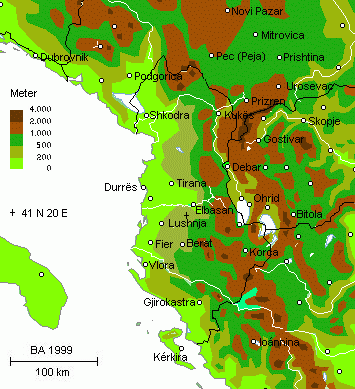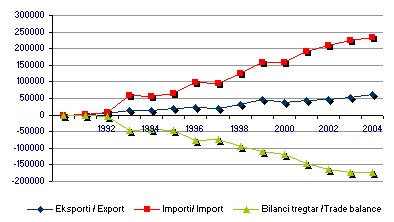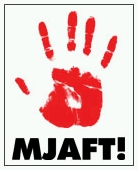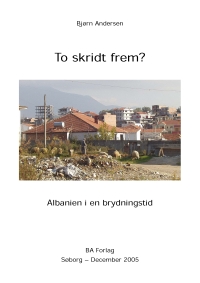Sidste Nyt fra Albanien, Kosóva og Makedonien
The Latest News from Albania, Kosóva and Macedonia
![]()
# 318 - 8' årgang - 29.09.2006
Version 1.1 •
PDF for printing •
Info om »Sidste Nyt« •
Tidligere numre
Udgiver:
Bjørn Andersen
Publisher:
Bjoern Andersen

DEFENSE MINISTERIAL CONFERENCE - Defense Secretary Donald H. Rumsfeld, right, speaks at the Southeastern Europe Defense Ministerial press conference in Tirana, Albania, Sept. 27, 2006. Rumsfeld is visiting Albania to recognize and encourage its continuing efforts to join NATO and to thank its troops for their service in Iraq and Afghanistan. Defense Dept. photo by James M. Bowman





























